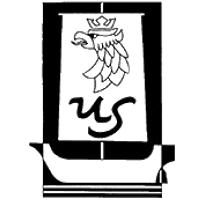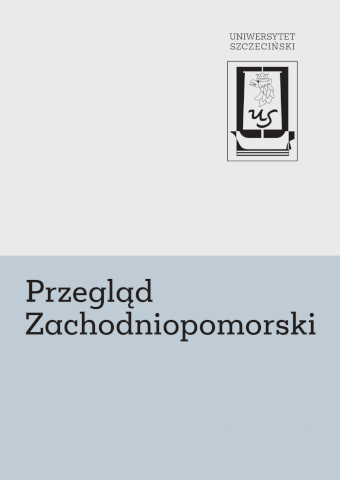








| Authors: |
Ryszard
Szczygieł
Uniwersytet Marii Curie-Skłodowskiej w Lublinie |
| Keywords: | town council the regime of towns Medieval Lublin |
| Data publikacji całości: | 2016 |
| Page range: | 10 (249-258) |